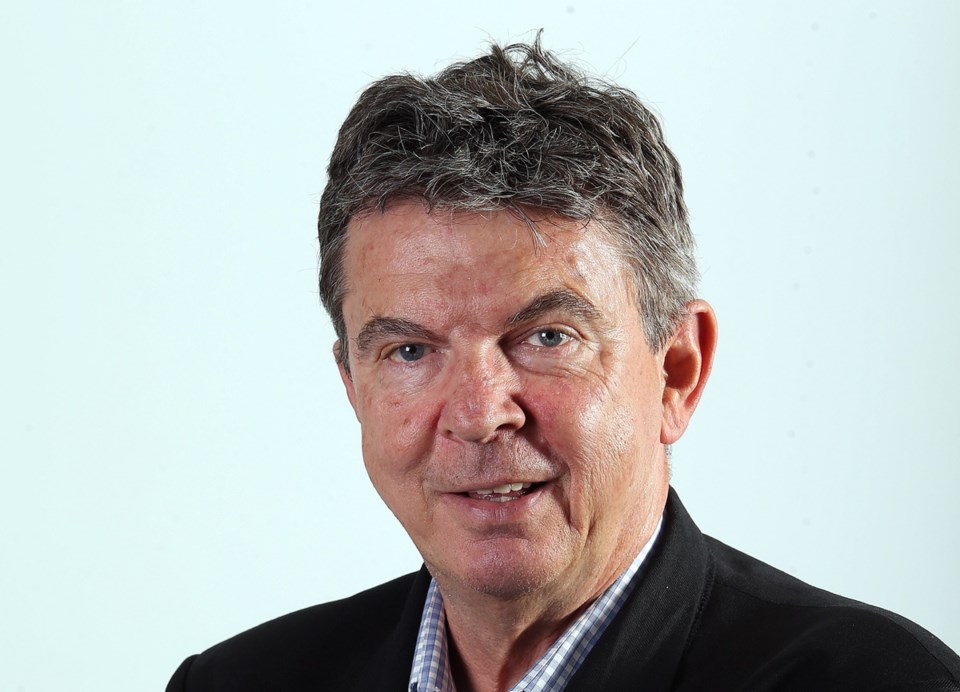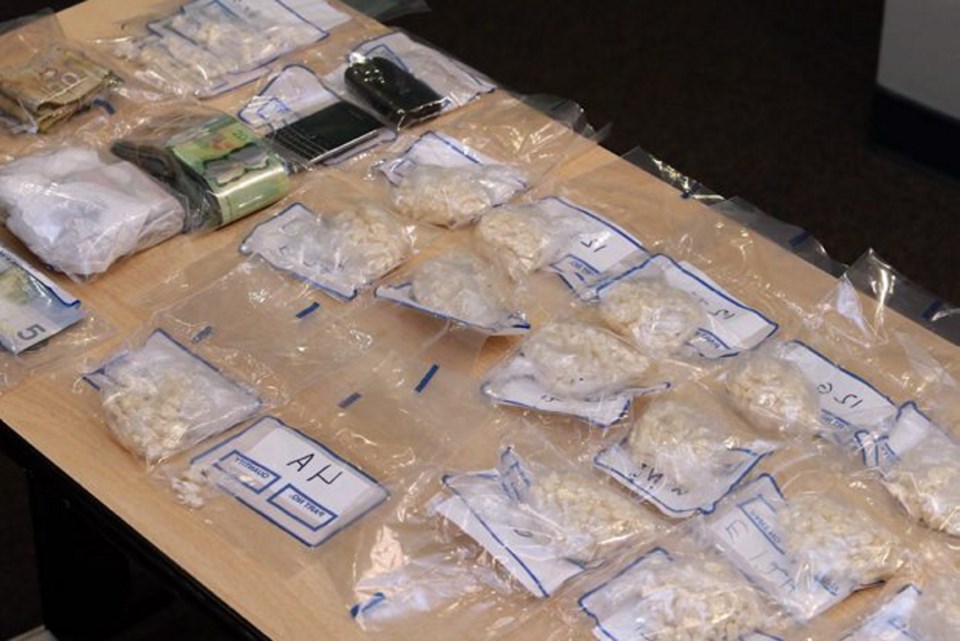 Three months before the 2013 election, the B.C. Liberals introduced a bill that looked to make a difference in communities where crack houses or nuisance homes drive neighbours to distraction.
Three months before the 2013 election, the B.C. Liberals introduced a bill that looked to make a difference in communities where crack houses or nuisance homes drive neighbours to distraction.
They are notorious criminal hubs that attract all kinds of punks and squalour, but authorities have a hard time dealing with them. Police can arrest troublemakers, but the houses just attract more. And it takes ages to work municipal-bylaw infractions about garbage, noise and decrepitude through the system.
The bill created a new provincial office to respond to complaints much more directly, by applying for court orders that would take aim at landlords and force quick cleanups, evictions of undesirables, or shutdowns. Ignoring a “community safety order” would bring a $10,000 fine, or land you in jail for six months.
Then-justice minister Shirley Bond introduced the bill and sounded enthusiastic about the positive impacts it would have. The Opposition NDP supported the concept, noting it was modelled on a private bill Surrey MLA Bruce Ralston had introduced. Independent MLA Vicki Huntington had some civil-liberties objections to it, but it passed overwhelmingly.
So how’s it working out today, more than three years after it was passed?
It’s not. The whole concept has been abandoned.
Solicitor General Mike Morris said this week: “We’re not planning on bringing this legislation forward at any time in the foreseeable future here. We’re encouraging municipalities [and police] to use the existing mechanisms that they have.”
It turns out the program was too expensive, according to Morris. “There’s a lot of dollars involved in it.”
Justice Minister Suzanne Anton also said last week there was no funding for the idea.
Morris told the legislature the government is putting more money into policing budgets, “where we feel we’re going to get the biggest bang for the buck, so to speak. We’ve been putting our money into gangs and guns [strategy] … to try and reduce those incidents across the province.”
So going into the election, they unveiled a new anti-crime initiative that had a lot of street appeal in communities where drug dens are destroying neighbours’ quality of life.
Then after the election, they ditched it, after belatedly realizing it was going to cost some money.
The striking thing about this 180-degree course change is how much work it took to get the original idea to the legislature. Getting a government bill introduced takes a huge amount of jockeying, since dozens are always vying for a place in the lineup.
Bond shepherded the Community Safety Act to the house and went to great lengths explaining all the good things it would accomplish. She appeared at a photo-op with municipal officials and police brass, and all agreed it was a good thing.
People could be forgiven for thinking it was a done deal. The only inkling of possible problems was when Bond warned the legislature they didn’t have a business plan or budget, so the concept wouldn’t come to life immediately.
But now it’s stone-dead and isn’t going anywhere.
In an interview, Morris said: “The decision I’m making is that I think our money is better suited in the gangs-and-guns strategy.”
He said municipalities already have tools available. “My experience is that the municipal tools are effective, they just need to put the resources into them in order to make it effective.”
But the whole point of the bill was that they aren’t effective and don’t work. Police mount costly surveillance operations and make dozens of calls to problem houses, but the houses remain problems.
Morris, an ex-RCMP officer, was named solicitor general and public safety minister five months ago. New ministers make their own decisions, but they don’t often completely renounce a legislative initiative that was pitched weeks before the election as a promise kept on the crime-fighting front.
Ralston wondered: “Why was the legislation passed in the first place?”
There was no clear answer. But if you wonder why some people roll their eyes when governments stage photo-ops and launch PR-heavy crackdowns on crime, the Community Safety Act (RIP) is a good example.
It got a splash of publicity on an issue the Liberals wanted some exposure on, but did nothing else.



